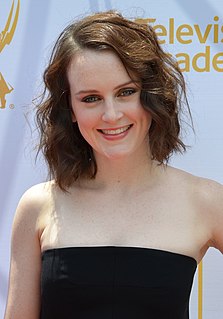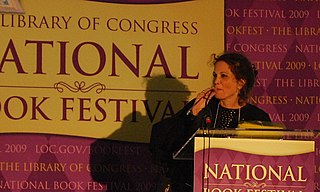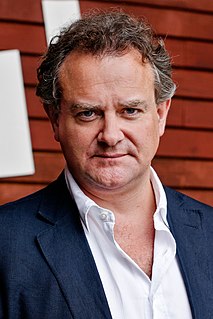A Quote by Nick Hornby
The whole point of reading is that the writer is speaking to you, and if you're not listening, you're not going to have any fun reading.
Related Quotes
My personal view is that reading has to be balanced. Obviously, there's a certain amount of reading that we have to do academically to continue to learn and to grow, but it's got to be balanced with fun and with elective reading. Whether that's comic books or Jane Austen, if it makes you excited about reading, that's what matters.
Teenagers are always sneaking around in drawers where they shouldn't go and reading things they shouldn't be reading. And that's an attempt to try, I think, to penetrate, that's how I found out as a teenager what was going on, was by sneaking into drawers and reading letters that I had no business reading.
I do think that the imagination you create yourself when you're reading, to create the tone and the accent of the world, is an individual accomplishment that someone is imposing upon you by listening to them read it. Because you're listening to their interpretation, and their emphasis would probably be different from the one that your brain makes while you're reading it.
For the last episode [of Downton Abbey], you'll need some handkerchiefs. I needed handkerchiefs reading it. It wasn't because it necessarily moved me while reading it, but it was the experience of reading it when I realized it was the last time I was ever going to be reading one of those scripts. That was quite terminal.
I hate being too serious about anything. If I'm with my friend, I want to be having fun with him or her. And if anybody is reading my story, I want them to be not only reading the story, but I want them to feel they're having fun; that they're enjoying it. So any way you can make it more informal, more fun-filled, more amusing - instead of just a dry story that goes on and on - if there's any way to do that, I like to try and do it.






































